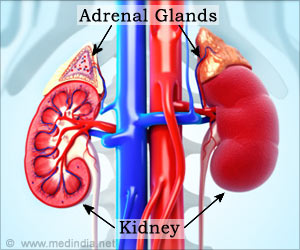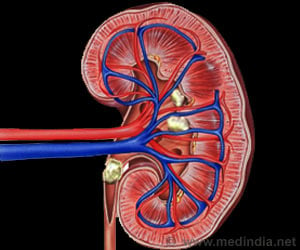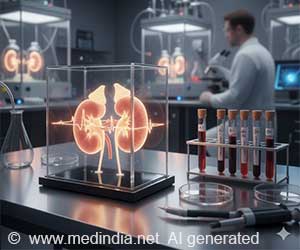Discarded human kidneys are a suitable platform for engineering replacement kidneys. When cells are added, the structures behave as an effective bio-system.

Orlando is part of a team at the Wake Forest Institute for Regenerative Medicine aiming to recycle human kidneys. Another group at the institute is doing the same thing with pig kidneys.
The process begins by washing the discarded organs in a mild detergent to remove all cells. The idea is to replace these cells with a patient’s own kidney stem cells, making a tailor-made organ that would not be rejected and would not require the use of powerful anti-rejection medication.
In one study, the researchers evaluated whether the washing process affects kidney vessels called the glomerulus, which are vital to the kidney’s role of filtering contaminants out of the body. In the study published in the journal Transplantation, the research team reported that the size, structure and function of the micro-vessels in the glomerulus are preserved after the cell-removal process.
"The fact that they are preserved means they can potentially facilitate the repopulation of cells into the structure and reduce the potential of clot formation," Orlando said.
In a separate study, published in the journal CellR4, the team reported on the interactions that occur when stem cells are placed on kidney structures that have been through the cell removal process.
The scientists observed that the stem cells proliferated when placed on the structures and were functionally active as demonstrated by the fact that they secreted chemicals and growth factors involved in such critical pathways as inflammation and the formation of new blood vessels.
Source-IANS
 MEDINDIA
MEDINDIA




 Email
Email







